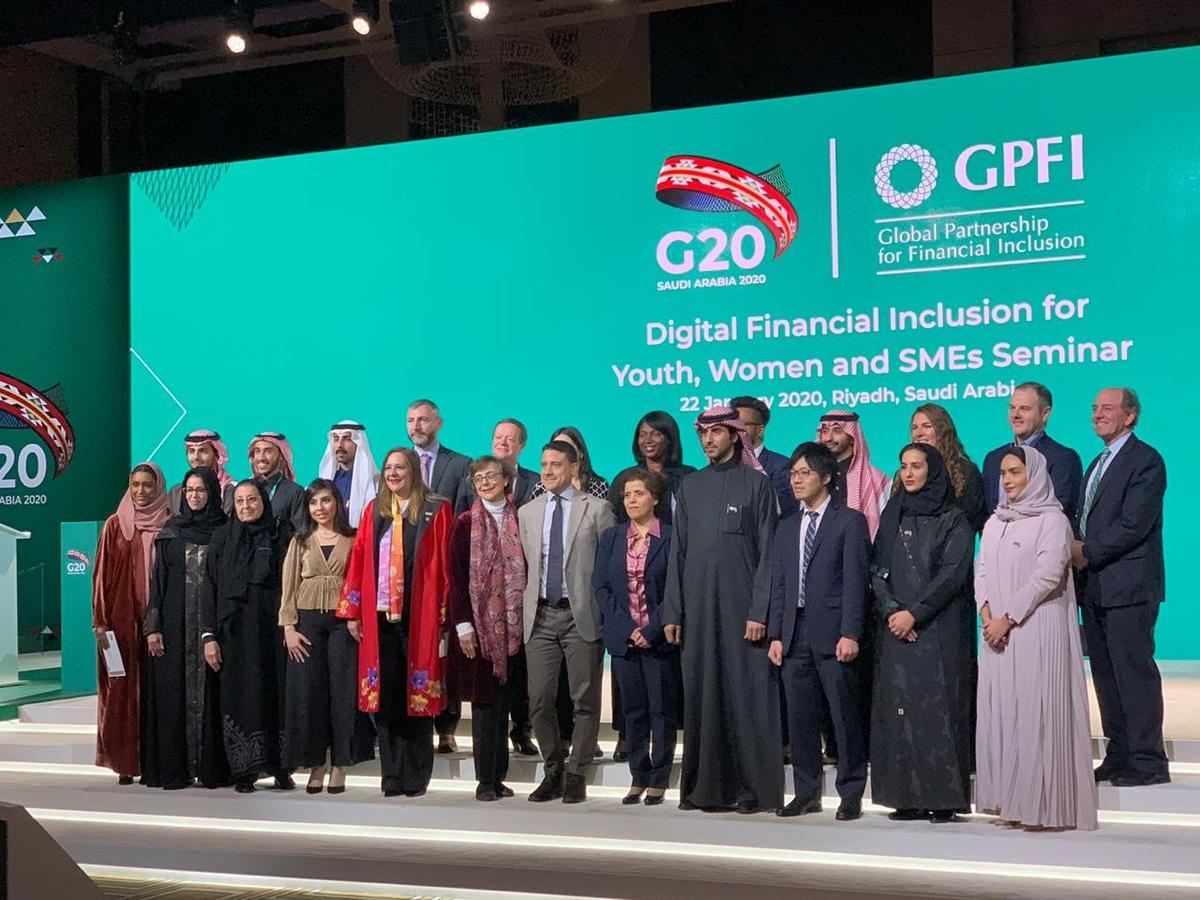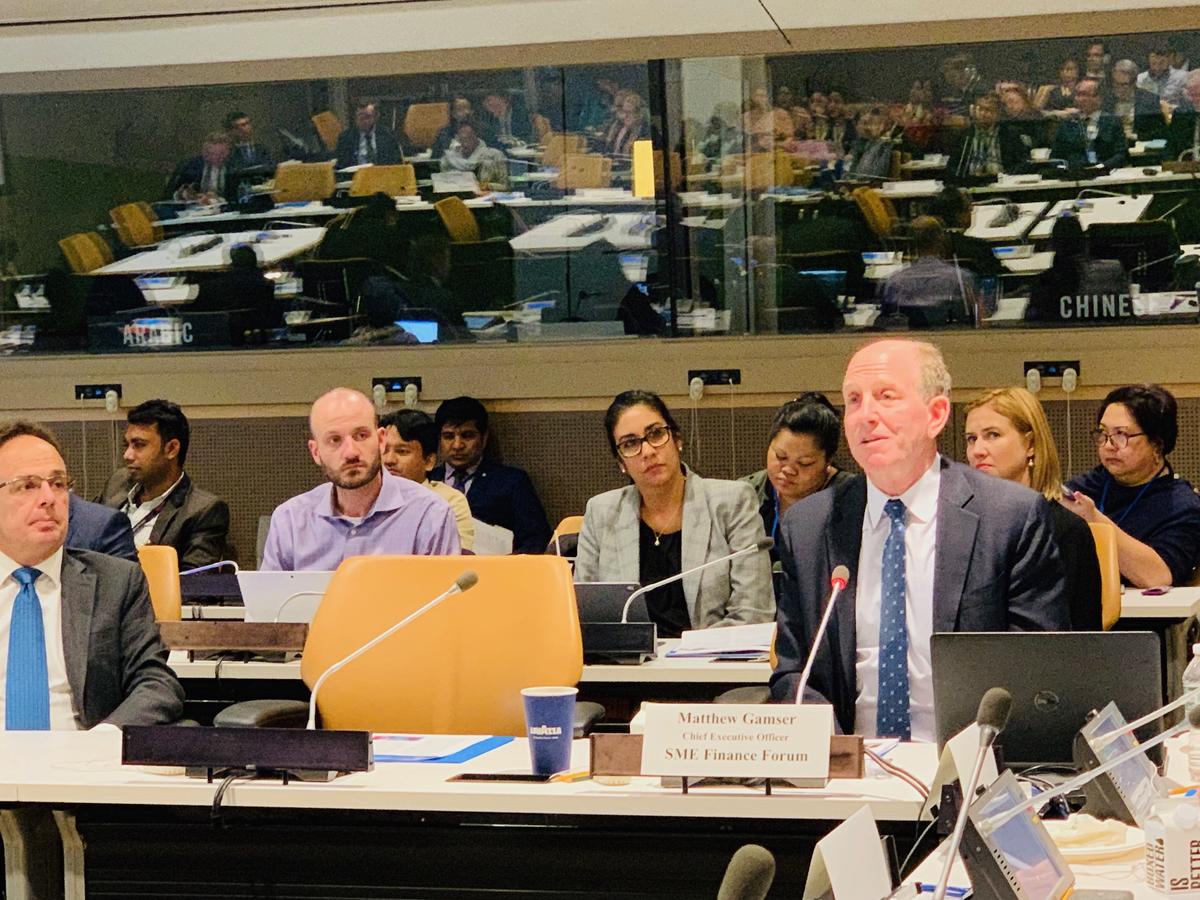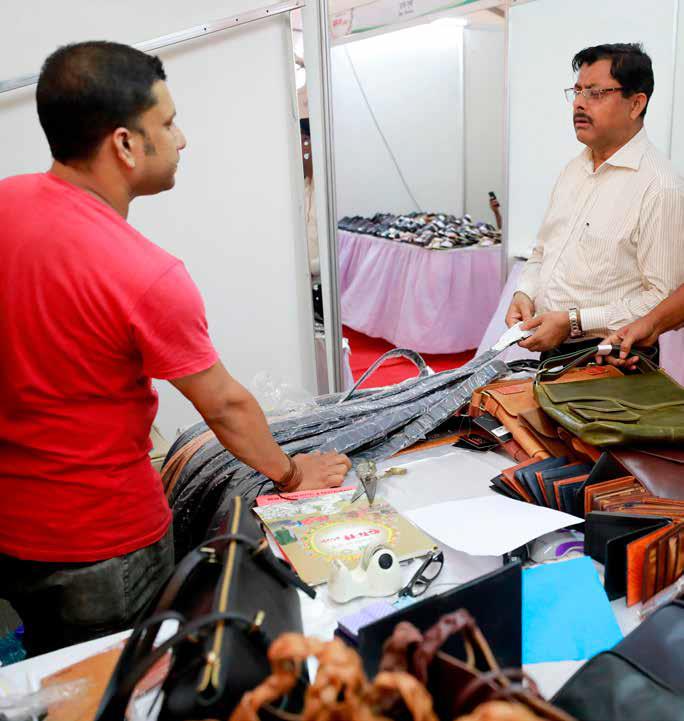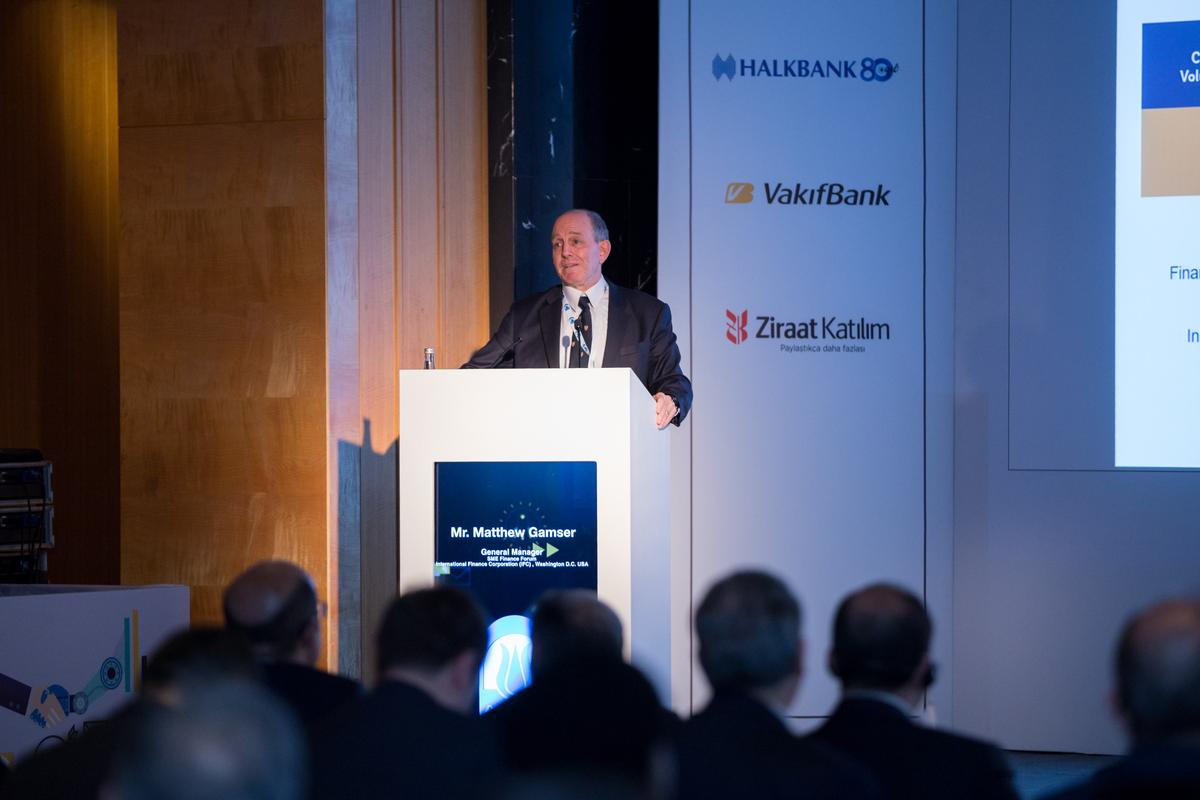Blog
Electronic Payments Innovation and SME Finance

For some time now the SME Finance Forum has been inviting innovators in payments technology to come to the World Bank/IFC to discuss their products. This is because we feel that the quicker, the more we move SMEs off cash onto electronic payments, the sooner we make them more bankable, particularly (but not exclusively) for credit. During June two exciting innovators came to visit. The first, Quisk, is a global technology company that partners with financial institutions and others to digitize cash and provide safe, simple and secure financial services and cash-less transactions for anyone with a mobile phone number. The company developed the first and only patent-pending mobile payments solution that uses just a mobile phone number and PIN, eliminating the requirement that a consumer carry cash, credit cards or even the physical mobile phone in order to purchase goods, redeem coupons and receive reward incentives. Quisk is headquartered in Silicon Valley and has operations in Abu Dhabi, Jordan and Jamaica, so far, with a keen interest in expanding their footprint in emerging markets.
The second firm, Ripple Labs, has developed an open payment system/ currency exchange/ remittance network. Ripple, an open-source, distributed payment protocol powering a new global value web, lets anyone, anywhere to send money in any currency, or any commodity, to anyone else. Its goal is to take electronic payments, which really have not had a major innovation since the 1970s, into the Internet age - but unlike Bitcoin, which got off on the wrong foot with regulators through an overly libertarian, piratical approach to disruption, Ripple is taking pains to bring the Federal Reserve and other authorities into this innovation process. They were recently recognized by MIT’s Technology Review as one of the “50 Smartest Companies of 2014”. Ripple Labs was also named as a finalist for a 2014 PYMNTS Innovator Award in two separate categories: Best New Technology as well as Most Disruptive Company.
Both of these innovations could help SMEs, and smaller firms in particular, by lowering their cost of doing business with their business partners and their customers, while providing a treasure trove of information that could enable smart financial institutions to lower their costs of acquiring and serving this market segment. We shall be following both firms closely as they move into emerging markets.

















